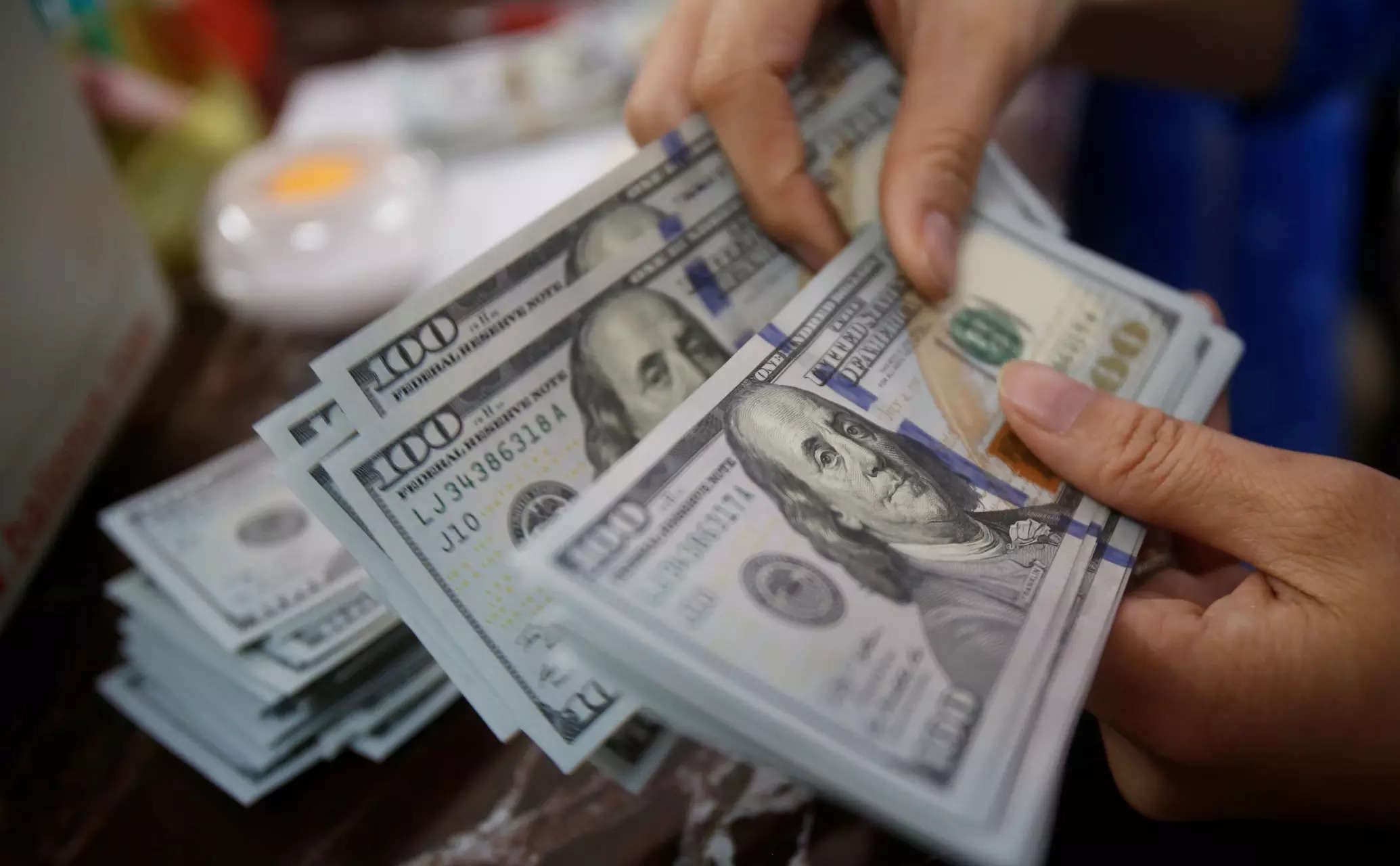Dollar stays lower after US jobs data; euro up ahead of French election
Nonfarm U.S. payrolls increased by 206,000 jobs last month, the Labor Department report showed. Data for May was revised sharply down to show 218,000 jobs added instead of the previously reported 272,000. The unemployment rate rose to 4.1%, slightly higher than the estimated 4.0%.
The U.S. dollar index stayed slightly lower on Friday after data showed U.S. job growth slowed marginally in June while the unemployment rate rose, underscoring the view the could begin cutting in September.Nonfarm U.S. payrolls increased by 206,000 jobs last month, the Labor Department report showed. Data for May was revised sharply down to show 218,000 jobs added instead of the previously reported 272,000. The unemployment rate rose to 4.1%, slightly higher than the estimated 4.0%.
Investors have been watching the labor market and inflation data closely as they try to gauge when the Fed could begin cutting rates from nearly two-decade highs.
The dollar index initially extended declines after the data. The dollar weakened against the yen before paring losses.
The dollar index, which measures the greenback against a basket of currencies, was last down 0.28% at 104.87 and hit a three-week low early.
Against the Japanese yen, the dollar weakened 0.34% to 160.73. It was near 160.45 just after the U.S. payrolls data.
"We see rates coming down across the curve on confirmation of a moderation in U.S. labor markets. The unexpected rise in the unemployment rate, the deceleration in wage gains and revisions in prior months' headline gains all point to a slowing in labor market conditions," said Karl Schamotta, chief market strategist at Corpay in Toronto.
"This is... raising the likelihood that we do see (Fed) Chair Powell put a September rate cut on the table either at the July policy meeting or at the Jackson Hole conference in August."
Futures markets are now pricing in a roughly 72% chance for a 25 basis point rate cut at the Fed's meeting in September, up from a 57.9% chance seen a week ago, according to CME's FedWatch Tool.
The euro was last up 0.23% at $1.0835 and on track for its biggest weekly gain of the year against the dollar.
The euro has been bolstered by signs France could be heading for a hung parliament in elections on Sunday rather than a ruling majority for the far-right National Rally.
Marine Le Pen's eurosceptic, anti-immigration National Rally (RN) topped the parliamentary election's first round with a third of the vote, opening the prospect of the far right leading a French government for the first time since World War Two.
The firmed as the Labour party secured a landslide victory in the UK general election.
Sterling strengthened 0.46% to $1.2814.
Bitcoin was set for its biggest weekly fall in nearly a year as traders worried about the likely dumping of tokens from defunct Japanese exchange Mt. Gox and further selling by leveraged players after the cryptocurrency's strong run.
The price of the world's largest cryptocurrency slid as much as 8% on the day to $53,523, its lowest level since late February. It was on track for its biggest weekly decline since August 2023.
Bitcoin was last down 3.08% at $56,530.00. Ethereum declined 4.81% at $2991.8.
Source: Forex-Markets-Economic Times
